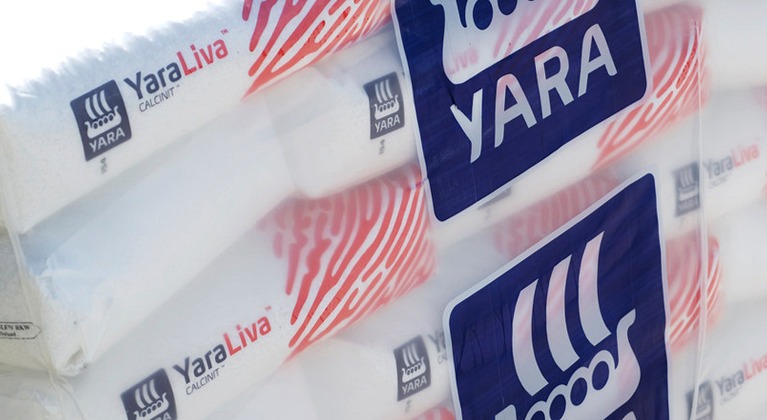By TWV Team
A Nairobi court has granted the Office of the Director of Public Prosecutions (ODPP) until 26 June to complete a critical review of a police file concerning a KES 70 million fake gold scam. The scam, which has shocked Nairobi’s high-end neighbourhoods, implicates six businessmen. Milimani Senior Principal Magistrate Dolphina Alego approved the request by a senior State prosecutor, who stated that the DPP wishes to personally review the case before deciding whether to press formal charges. Lawyer Kimani Wachira, representing the victims, supported the extension, confirming that all necessary documents and evidence had been submitted to investigators.
The suspects, Nfundiko Kamira Jean Marie, Alan Zaphenia Onyango, Edward Leonard Ochieng, Shem Omollo Onyango, Peter Lukabaya Mulamba, and Ibrahim Nsangou, are currently out on KES 500,000 cash bail each. They have been ordered to provide two contact persons and surrender their passports pending the investigation’s outcome.
According to police affidavits, the elaborate scam, orchestrated between 6 and 10 March 2025, targeted international gold buyers representing Sudmet Global (FZE), a Dubai-based company. The victims, Ramadhan Suleiman Mohamed and George William Betoka allege that the suspects lured them into a sham deal involving 150kg of purported gold nuggets.
The suspects allegedly displayed the fake gold, neatly packaged in six metallic boxes, at a lavish residence in Muthaiga. The operation included weighing scales, electronic gold tester guns, and props such as a dust coat and job card branded with the Ministry of Mining insignia to convince the victims of the transaction’s legitimacy. In a rehearsed performance, one suspect posed as a Ministry of Mining official, conducting a “purity test” with a tester gun and claiming the samples met international standards. The samples were then taken to the Ministry offices for an assay test, and a report was issued on 4 March 2025.
That same day, the suspects provided 7kg of gold as collateral, stored at MySafe Place, a private vaulting service in Sarit Centre. Both parties received keys to the safe. An invoice for USD 546,000 was issued in the name of Kristal Commodities Group Limited, presented as a licensed exporter. The buyers’ representatives attempted a wire transfer, but when it failed, they paid in cash, recorded on video.
The deal collapsed when the gold failed to arrive in Dubai. Upon inspection, the collateral was revealed to be ordinary stones. In a subsequent sting operation, the victims feigned interest in purchasing 500kg of gold in a transaction valued at USD 2.2 million (equivalent to approximately KES 2.7 billion, clarifying the earlier ambiguous figure). As the suspects prepared another deception involving SKR Logistics Limited, DCI officers arrested them in Spring Valley, recovering 305kg of fake gold, weighing equipment, a tester gun, and documents branded with the Ministry of Mining logo.
Lead investigator Chief Inspector Leah Ambiche told the court that additional time is needed to extract mobile data from the suspects’ phones, retrieve original video evidence from the victims, and obtain reports from the Business Registration Service, Immigration Department, and Ministry of Mining.
The court’s decision to grant the DPP more time highlights the high stakes of this investigation, which has exposed the deep entrenchment of gold scammers in Nairobi’s elite circles. It also underscores the growing sophistication of fraud syndicates posing as legitimate mineral traders. As Kenya combats transnational organised crime, this case tests the country’s resolve to hold high-value fraudsters accountable. All eyes are now on the DPP’s next move.





